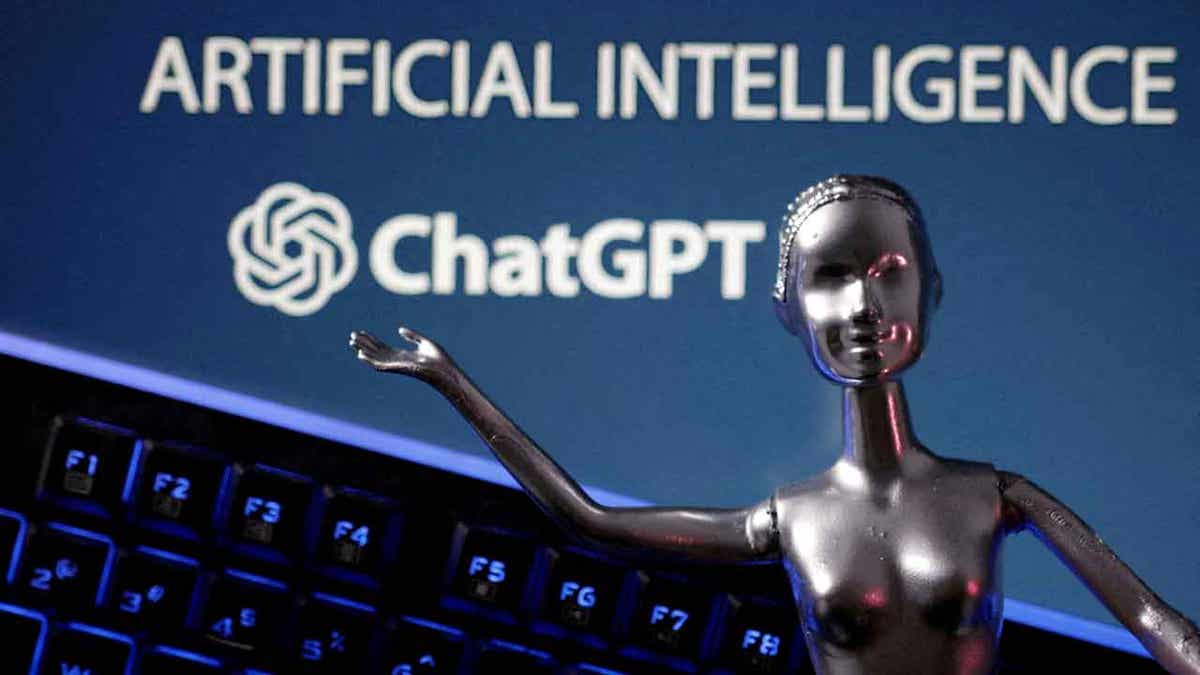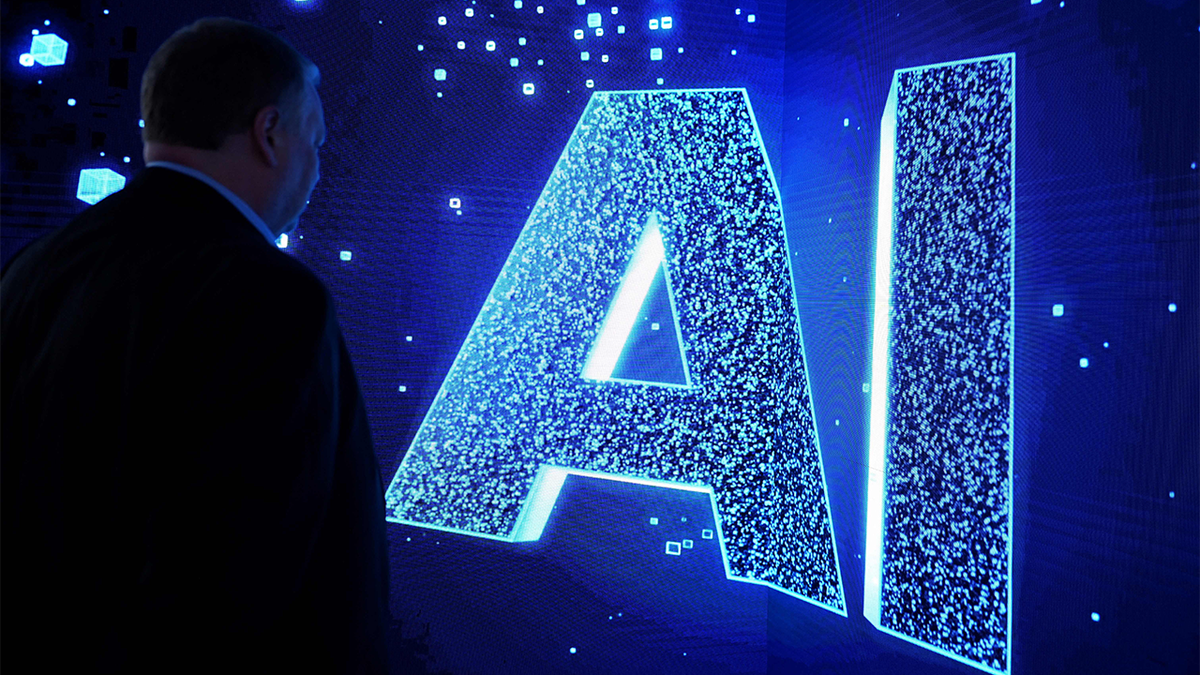The increasing integration of artificial intelligence into the workplace has sparked both excitement and concern. While AI offers numerous benefits, recent studies reveal potential downsides for employee wellbeing, including increased loneliness, insomnia, and changes in social behavior.
Following the widespread adoption of AI tools like ChatGPT, research has begun to explore the impact of these technologies on the human workforce. Studies suggest that AI could reshape the job market, potentially replacing or affecting millions of jobs globally. This shift has led researchers to investigate the psychological and social consequences for employees working closely with AI.

A study conducted by Pok Man Tang, an assistant professor of management at the University of Georgia, found a correlation between working with AI and increased feelings of loneliness, along with a higher propensity for binge drinking and insomnia. These findings raise concerns about the potential negative spillover effects of AI integration into employees' personal lives.

Multiple experiments across different countries and industries supported these findings. For example, a study of engineers in Taiwan showed a link between AI interaction and increased after-work drinking and feelings of loneliness. Interestingly, the research also revealed that employees working with AI were more likely to help their human colleagues, potentially as a way to seek social connection.

While the research indicates a correlation, it doesn't definitively prove causation. Tang suggests two potential responses to increased AI interaction: an "adaptive" response where employees seek more social interaction with colleagues, and a "maladaptive" response involving loneliness, increased alcohol consumption, and sleep difficulties.

To mitigate these potential negative impacts, Tang proposes several strategies. Developing AI systems with more human-like social interaction capabilities, limiting the amount of time employees spend working solely with AI, and implementing mindfulness programs are among the recommendations. Further research is needed to fully understand and address the complex interplay between AI and human wellbeing in the evolving workplace.








